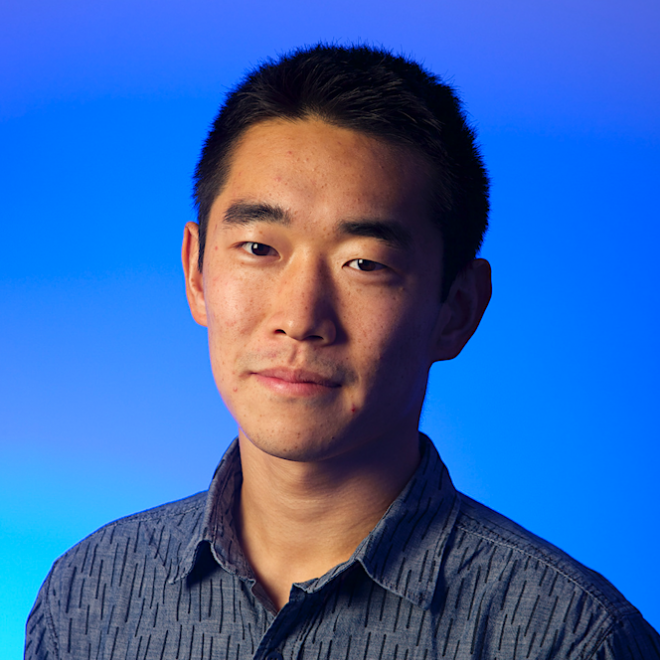The standard circuit model for quantum computation presumes the ability to directly perform gates between arbitrary pairs of qubits, which is unlikely to be practical for large-scale experiments. Power-law interactions with strength decaying as 1/r^α in the distance r provide an experimentally realizable resource for information processing, whilst still retaining long-range connectivity. We leverage the power of these interactions to implement a fast quantum fanout gate with an arbitrary number of targets. Our implementation allows the quantum Fourier transform (QFT) and Shor’s algorithm to be performed on a D-dimensional lattice in time logarithmic in the number of qubits for interactions with α ≤ D. As a corollary, we show that power-law systems with α ≤ D are difficult to simulate classically even for short times, under a standard assumption that factoring is classically intractable. Complementarily, we develop a technique to give a general lower bound, linear in the size of the system, on the time required to implement the QFT and the fanout gate in systems that are constrained by a linear light cone. This allows us to prove an asymptotically tighter lower bound for long-range systems than is possible with previously available techniques.
